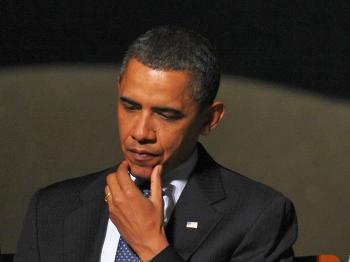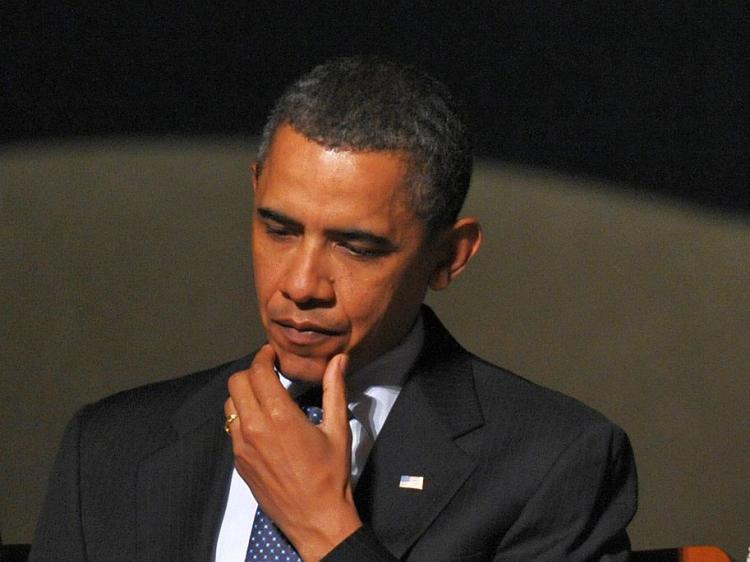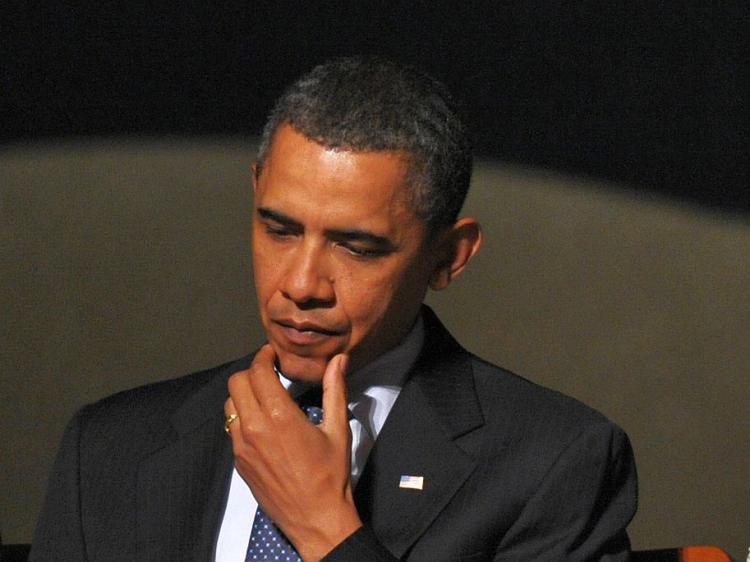Opinion
Four Words Obama Should Say to Hu Jintao
When President Obama meets with China’s paramount leader, Hu Jintao, he faces the challenge of how to repair a China policy widely seen as a decades-old, bipartisan disaster.

When President Obama meets with China's paramount leader, Hu Jintao, he faces the challenge of how to repair a China policy widely seen as a decades-old, bipartisan disaster. Mandel Ngan/AFP/Getty Images

Stephen Gregory
Publisher
|Updated:





